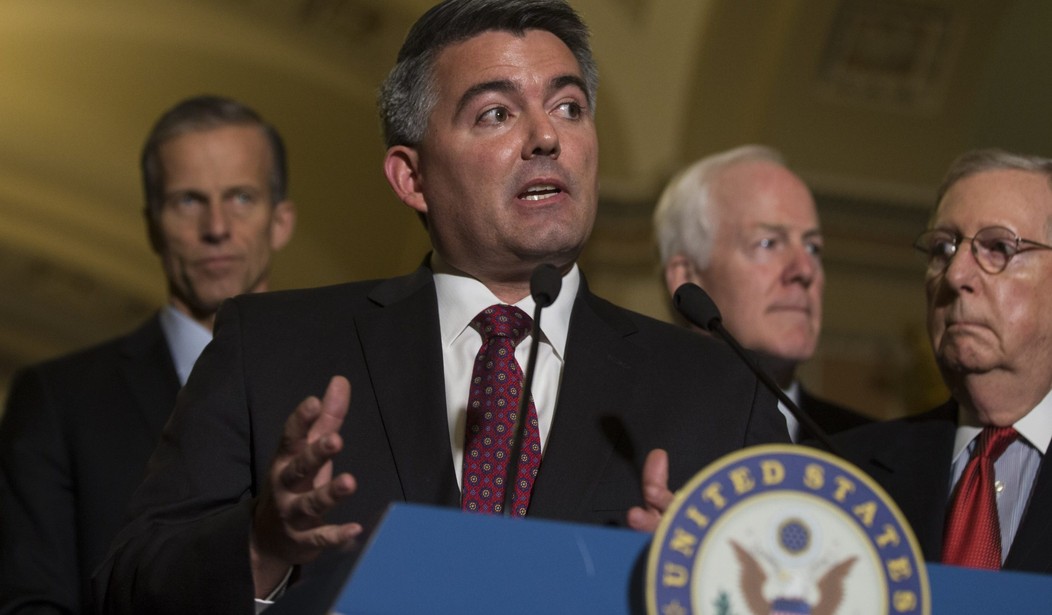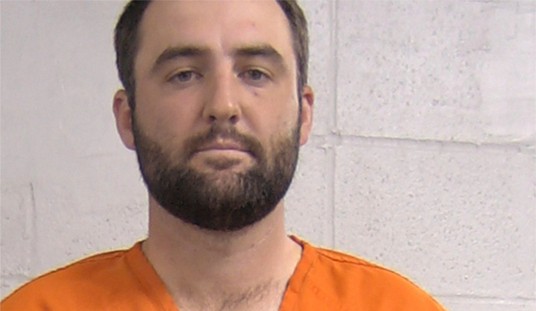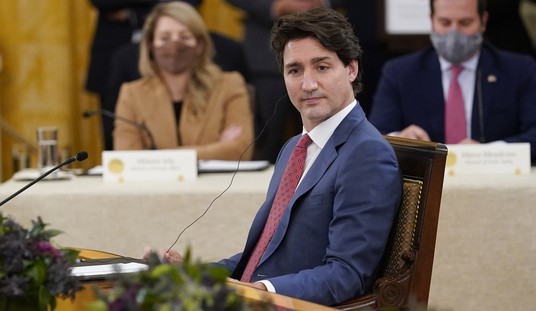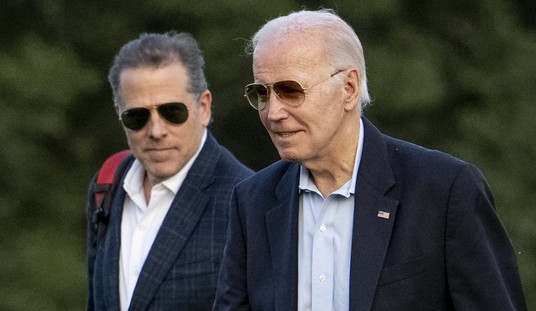WASHINGTON — Colorado’s GOP senator called Attorney Jeff Sessions’ move to crack down on marijuana in states that have legalized weed “extremely alarming.”
“Before I voted to confirm Attorney General Sessions, he assured me that marijuana would not be a priority for this administration,” Sen. Cory Gardner (R-Colo.) said. “Today’s action directly contradicts what I was told, and I am prepared to take all steps necessary, including holding DOJ nominees, until the attorney general lives up to the commitment he made to me prior to his confirmation.”
“In 2016, President Trump said marijuana legalization should be left up to the states and I agree,” Gardner added.
Gardner later angrily slammed Sessions’ decision on the Senate floor that he said was a surprise, coming “without any notification, conversation or dialogue with Congress.”
“We were told that states’ rights would be protected… we were told that by then-candidate Donald Trump,” he said. “… What has changed President Trump’s mind?”
There’s bipartisan agreement on the sentiment in the state where voters chose legalization in 2012, with implementation two years later: “We’ll give Jeff Sessions our legal pot when he pries it from our warm, extremely interesting to look at hands,” tweeted the account of Colorado’s state Senate Democrats.
In a memo sent to federal prosecutors, Sessions said that Congress has determined “marijuana is a dangerous drug” and “marijuana activity is a serious crime.”
“In deciding which marijuana activities to prosecute under these laws with the Department’s finite resources, prosecutors should follow the well-established principles that govern all federal prosecutions,” Sessions wrote. “…Given the Department’s well-established general principles, previous nationwide guidance specific to marijuana enforcement is unnecessary and is rescinded, effective immediately.”
That previous guidance includes a 2013 Justice Department memo to U.S. attorneys after Colorado and Washington legalized marijuana for personal use. “Based on assurances that those states will impose an appropriately strict regulatory system, the Department has informed the governors of both states that it is deferring its right to challenge their legalization laws at this time,” the DOJ said then.
At his confirmation hearing last year, Sessions was asked about his marijuana enforcement stance and told the Senate Judiciary Committee that he “won’t commit to never enforcing federal law.”
“But absolutely it’s a problem of resources for the federal government,” he added. “The Department of Justice under Lynch and Holder, set forth some policies that they thought were appropriate to define what cases should be prosecuted in states that have legalized at least in some fashion some parts of marijuana.”
“I think some of them are truly valuable in evaluating cases, but fundamentally the criticism I think that was legitimate is that they may not have been falling,” Sessions said. “Only using good judgment about how to handle these cases will be a responsibility of mine. I know it won’t be an easy decision, but I will try to do my duty in a fair and just way.”
Sessions was asked by Sen. Mike Lee (R-Utah) at that hearing how states’ rights applied to marijuana legalization.
“I think one obvious concern is that the United States Congress has made the possession of marijuana in every state and distribution of it, an illegal act,” Sessions replied. “So, if you — we need to — if that’s something that’s not desired any longer, Congress should pass a law to change the rule. It’s not so much the attorney general’s job to decide what laws to enforce. We should do our job and enforce laws effectively as we’re able.”
In addition to Colorado and Washington, California, Oregon, Nevada, Alaska, Massachusetts, Maine and the District of Columbia have legalized marijuana for recreational and medical use. Twenty-one additional states have legalized medical marijuana use.
Sen. Bernie Sanders (I-Vt.) said today that “no one who has seriously studied the issue believes that marijuana should be classified as a Schedule 1 drug beside killer drugs like heroin.”
“Quite the contrary,” he said. “We should allow states the right to move toward the decriminalization of marijuana, not reverse the progress that has been made in recent years.”








Join the conversation as a VIP Member